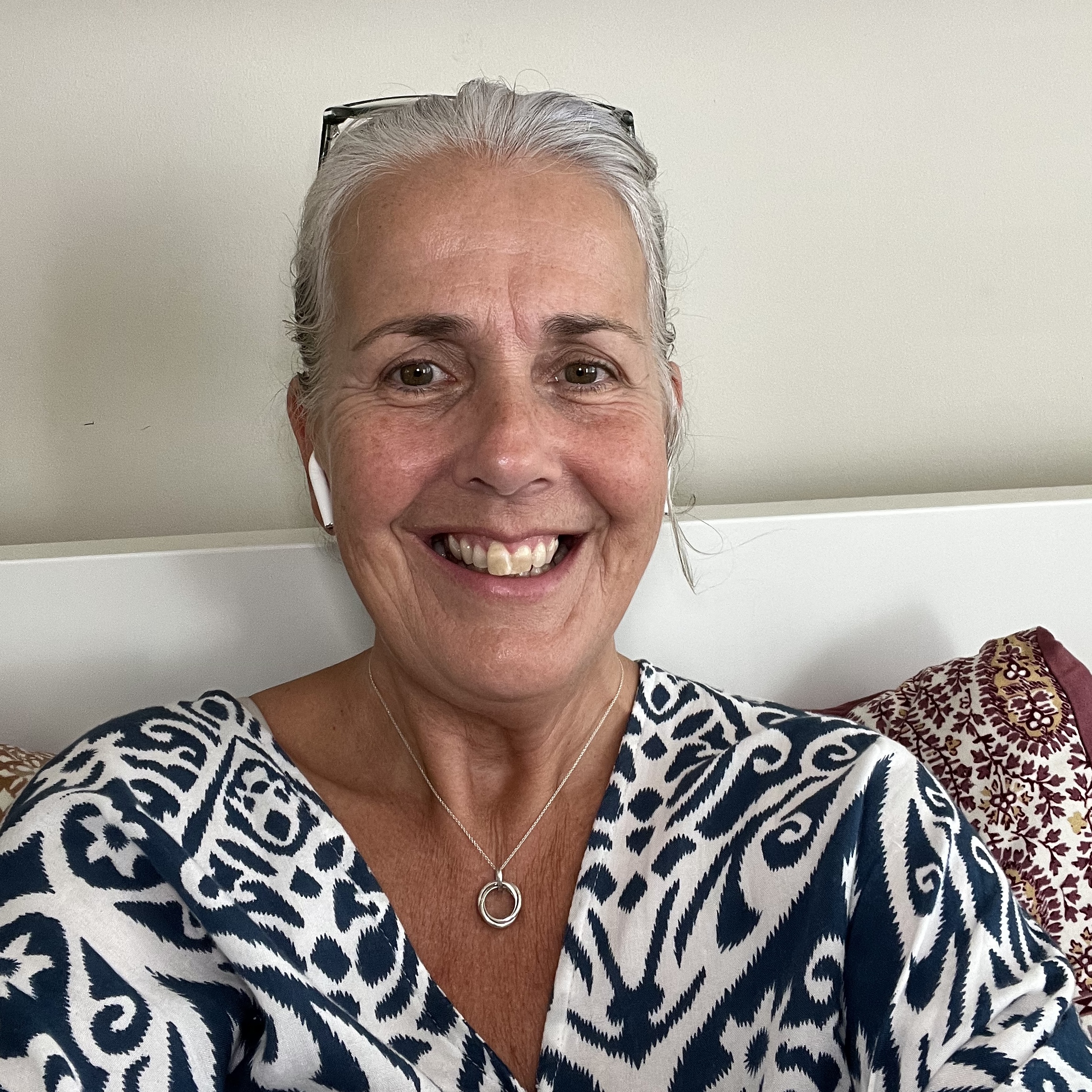Conversational Intelligence®: A Key to Success in Early Childhood Education
- Sarah Moore
- Jan 18, 2024
- 2 min read

As an experienced leader and Certified Conversational Intelligence® consultant in early childhood leadership, I recently had the privilege of being invited as a guest speaker at KU NSW Preschool Inclusion Support and Sector Capacity team's professional development day. The event, "Building Trust and Influencing Partnerships Workshop," and was an excellent start for this team of consultants, bringing together dedicated Inclusion Support Consultants from across New South Wales state.
My workshop, centred on the pivotal role of Conversational Intelligence® (C-IQ) in early childhood education, was tailored to empower these professionals. Conversational Intelligence® is a blend of innate and learned abilities and, when used effectively, is instrumental in building resilient organisations and thriving communities, especially amidst change. In the words of Judith E. Glaser, "To get to the next level of greatness depends on the quality of the culture, which depends on the quality of relationships, which depends on the quality of conversations. Everything happens through conversations!"
Impactful Workshops and Engaging Activities for Educators

A highlight of the professional development workshop was an interactive activity focused on the "push and pull" dynamics in conversations, reflecting the C-IQ Three Levels of Conversations. This engaging exercise is a fun learning tool and a practical method that can be used professionally and personally. It helps us to understand that there is a lot more happening within conversations than the exchange of words.
We also tackled common conversation assumptions, emphasising the gap between speaking and listening. This concept resonates with Robert McClosky's profound quote: "I know that you believe you understand what you think I said, but I'm not sure you realise that what you heard is not what I meant." This insight is particularly relevant for early childhood educators and leaders, highlighting the intricacies of effective communication.

Continuous Learning for Early Childhood Education Professionals
Beyond the workshop, these early childhood professionals will engage in two 60-minute implementation sessions. These sessions are crucial for applying their newfound skills in the trenches.
In today's challenging work environment, marked by staff turnover and workload increases, the role of effective communication in early childhood education cannot be overstated. The Conversational Intelligence® tools in this professional development program are essential for fostering solid and collaborative partnerships.
In conclusion, consider exploring my early childhood education training programs at www.earlyeducationleadership.com. With the backing of neuroscience research, these programs are designed to build and strengthen vital relationships, making the challenging role of early childhood educators and leaders a more rewarding and impactful journey.





Comments